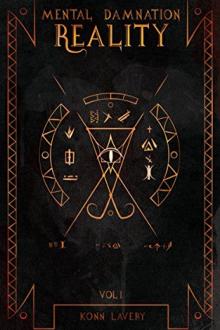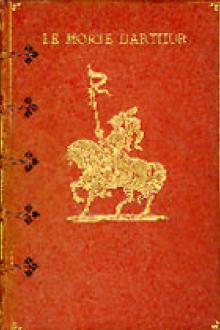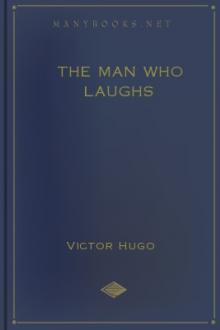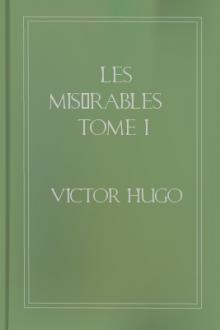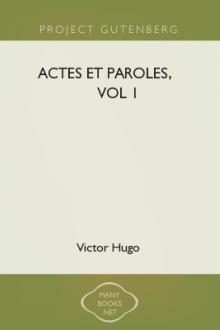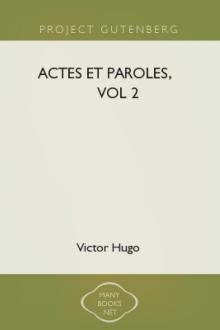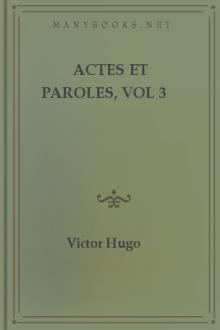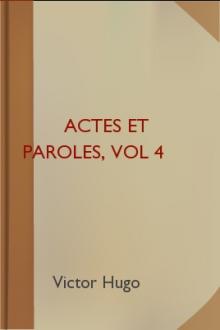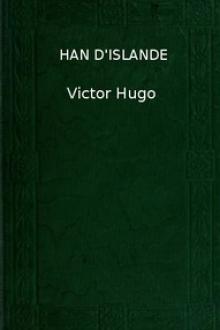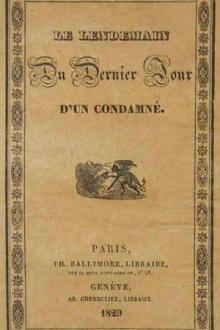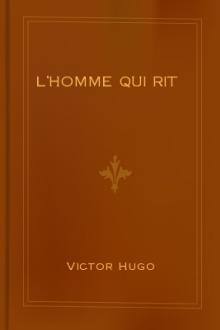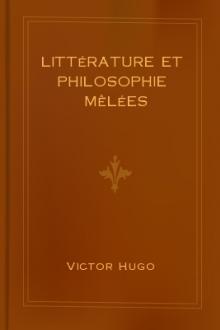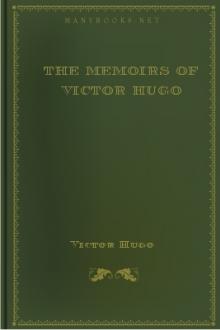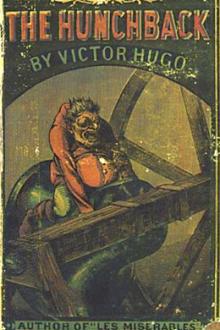Les Misérables
Book Excerpt
BOOK SEVENTH.--PARENTHESIS
I. The Convent as an Abstract Idea II. The Convent as an Historical Fact III. On What Conditions One can respect the Past IV. The Convent from the Point of View of Principles V. Prayer VI. The Absolute Goodness of Prayer VII. Precautions to be observed in Blame VIII. Faith, Law
BOOK EIGHTH.--CEMETERIES TAKE THAT WHICH IS COMMITTED THEM
I. Which treats of the Manner of entering a Convent II. Fauchelevent in the Presence of a Difficulty III. Mother Innocente IV. In which Jean Valjean has quite the Air of having read Austin Castillejo V. It is not Necessary to be Drunk in order to be Immortal VI. Between Four Planks VII. In which will be found the Origin of the Saying: Don't lose the Card VIII. A Successful Interrogatory IX. Cloister
Editor's choice
(view all)Popular books in Fiction and Literature, Classic
Readers reviews
- Upvote (0)
- Downvote (0)
Over the past 50 years I have read most of the works of Dickens Tolstoy and many other classic authors and can only say how much I have enjoyed my life because such men lived and posted their works to the improvement of the human family.
So I went to my library and got a copy there. Interestingly, the library copy was abridged (only about 500 pages) and I couldn't easily find my place. The full version contains a lot of digressions and historical notes, all fascinating. Large, though.
I ended up finishing the abridged version and I loved it. Seriously, one of the greatest books ever, and I don't say that lightly.
If you're up for the full version, it's a commitment. Either way, it's worth it.
It would be very interesting for the Franch man I am to discover "les miserables" in English. The story is so beautiful, with so many storis inside, so many characters, from the good to the ugly.
Even if Victor Hugo is a writer from the nineteenth century, his writings, not only "the miserables" but also numerous novels and poems,are so interseting to read.
He is known in the whole World and I think, without any part of chauvinisme, he deserve it.
This book will leave you feeling sad, peaceful, thoughtful, and above all, more sensitive.
It does have some VERY long passages (sometimes spanning a hundred pages or so) on the history of France and architecture, the sewers etc, and this can be intimidating to a lot of people. I honestly think that readers can skip these sections and not lose anything of the flavor of the book.
Hugo is a master storyteller. The tale drifts from mystery, suspense, murder, intrigue, drama, philosophy, history, politics and the divisions of the human heart.
Read the book before seeing the musical. In a way it's unfortunate the musical became such a big hit because I think it has kept people away from the book. It is vastly superior, of course.
This book is probably among my top five favorite tales of all time.
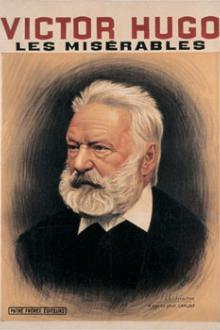
 Free Download
Free Download










